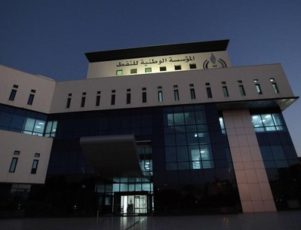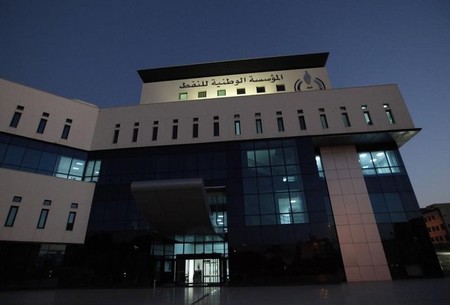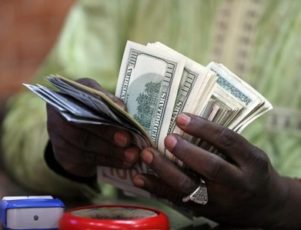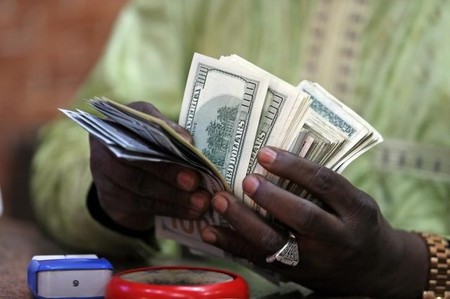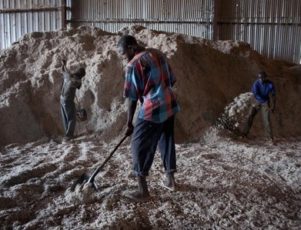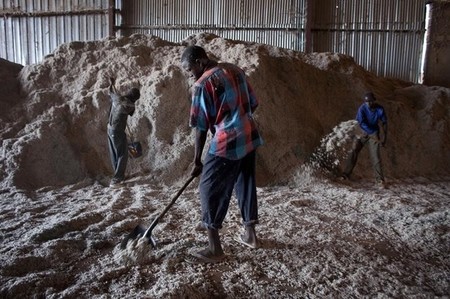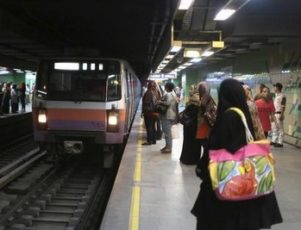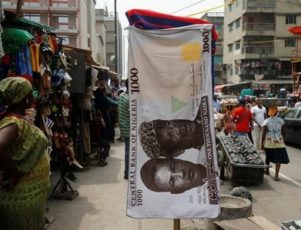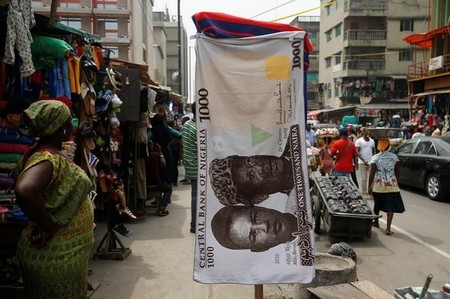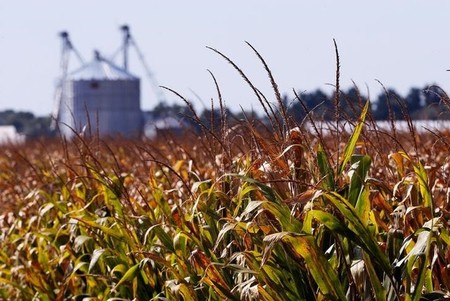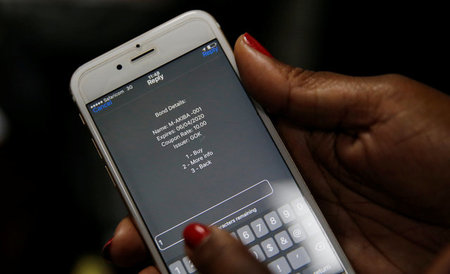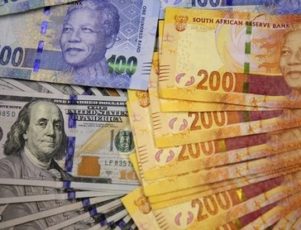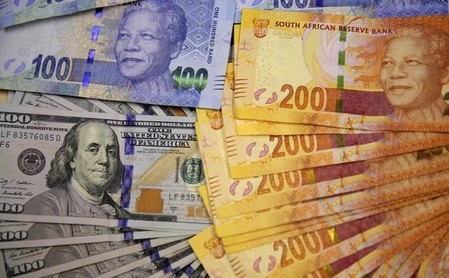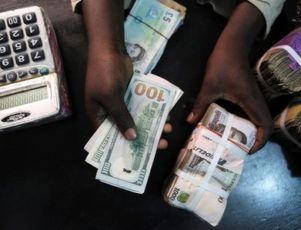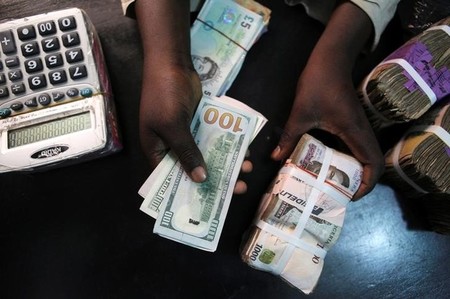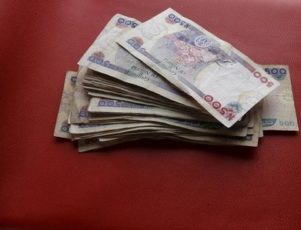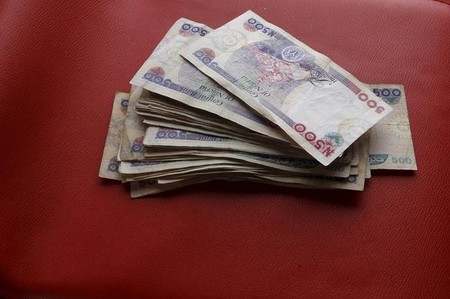By Aidan Lewis
TUNIS (Reuters) – Libya’s National Oil Corporation (NOC) said on Sunday that it had identified “illegal” efforts to sell crude oil without its approval and warned potential buyers not to enter into such contracts.
Factions based in eastern Libya have previously tried to sell oil independently of NOC in Tripoli, but their moves have been frustrated by U.N. resolutions that remain in place.
“NOC identified a group of individuals abusing the current status of political division in Libya by entering into illegal contracts with unknown or unqualified companies,” NOC said in a statement without providing detail on who was involved.
“These individuals, and others associated with them, have offered Libyan crude oil for sale at huge discounts below the official selling price (OSP).”
The statement added that this could cost the state of Libya hundreds of millions of dollars in lost revenue.
The NOC reasserted in the statement that it was the only body authorised by U.N. resolutions to export crude oil and oil products from Libya, and that only the 16 international oil companies that already hold contracts with NOC could buy oil or charter tankers from Libyan ports.
It warned that entering into contracts with other buyers could lead to “serious legal consequences and financial losses” for those concerned.
The statement comes after eastern forces lost and regained control of the key oil ports of Es Sider and Ras Lanuf this month, angering eastern factions that accused their western rivals of backing the temporary seizure of the ports.
Some eastern officials cast doubt on arrangements under which oil produced in the east is sold by the Tripoli NOC with revenues processed by the central bank in the capital.
However, NOC Chairman Mustafa Sanalla said he was confident of regaining control over oil operations following the port fighting and that operations at the terminals have already restarted.
Since 2014 Libya has been divided between factions based in Tripoli and the east of the country, with rival governments, financial institutions and armed forces competing for power. The eastern government set up its own branch of the NOC in Benghazi but has never gained control over oil operations.
Libya’s oil production has more than doubled since last year to about 700,000 barrels per day (bpd) but remains well below the 1.6 million bpd the OPEC member was exporting before a 2011 uprising.
On Friday ambassadors for the five permanent members of the U.N. Security Council reaffirmed their support for the Tripoli NOC, saying it should retain “exclusive stewardship” of Libya’s oil resources.
“We call for all parties to exercise restraint, avoid military solutions and resolve differences through political processes,” the statement said.
(Editing by David Goodman)

